BBC reported, based on a “leaked” document titled “Brexit Communications Grid Summary” that UK Brexit Minister Dominic Raab is set to announce the full withdrawal agreement on November 19 and put to parliament. And, according to the document, the Parliament would vote on the bill on November 27.
But Prime Minister Theresa May’s spokesman quickly came out and denied it. The spokesman said “The misspelling and childish language in this document should be enough to make clear it doesn’t represent the government’s thinking. You would expect the government to have plans for all situations – to be clear, this isn’t one of them.”
For your entertainment, here is the full text of the notes:
Brexit Communications Grid Summary
Cabinet reviews the deal this Tuesday, the 6th November. They expect all the details to then leak.
“A moment of decisive progress” will be announced this Thursday. Raab to announce.
The narrative is going to be measured success, that this is good for everyone, but won’t be all champagne corks popping.
Then there’s recess until 12th.
After the announcement of decisive progress there follows the 10 days of Sherpa meetings with EU 27 and then daily themed announcements.
19th November – “We have delivered on the referendum” PM speaks at the CBI conference.
Saying this deal brings the country back together, now is the time for us all to unite behind it for the good of all our futures etc. She will also hold a business reception.
This is the day both the Withdrawal Agreement and Future Framework will be put to Parliament by way of a statement from Raab who will also do media. Junior ministers are doing regional media all day. Government lining up 25 top business voices including Carolyn Fairburn and lots of world leaders eg Japanese PM to tweet support for the deal.
20th – Theme is Delivering for the Whole of the UK – PM to visit the north and or Scotland and the Commons will debate in business motions the date of the Meaningful Vote.
PM will be back in the house to vote. The Cabinet Office publishes its explainer of the deal and what it means for the public, comparing it to No Deal, but not to our current deal.
Other business leaders to come out and back it eg Adam Marshall from Chambers of Commerce and supportive voices in devolved regions like Andy Street and Andy Burnham. Also hoping to get 3rd Sector voices out supporting it.
21st – Theme is Economy, Jobs, Customs. Philip Hammond to open debate in Commons and Raab to close it. Institute of Directors to speak out.
Hoping for Stephen Martin, Martin McTeague etc
22nd – Theme is immigration – take back control of our borders. Home Sec doing media and visits. Raab on QT in the West mids.
Hope Mike Hawes of SMMT will speak out in favour along with influential voices from the rest of the world saying how great this is for the flow of global talent.
23rd – Theme is money – NHS funding and structural funds. Matt Hancock hospital visit. David Everett to welcome the deal alongside Tech for UK.
24th Theme is Northern Ireland and The Union – no hard border in the UK and the integrity of the Union is protected. PM visits border communities and business in NI and maybe also to Wales to visit agri and export businesses. Karen Bradley doing media.
Trying to get Varadker to support and Anand Menon and Henry Newman too.
25th – Theme is global Britain. We can strike trade deals with RoW (rest of world) security in this one too.
Speech from Liam Fox. Jeremy Hunt on Marr. Hope Miles Celic to come out in support (City UK).
Lining up lots of former foreign secs to come out in support and Mark Littlewood of the IEA.
26th – theme is taking back control of our laws, Raab doing media. PM interview with Dimbleby.
27th – morning theme is agri and fisheries. Gove doing a visit and media.
Evening is the vote. HISTORIC MOMENT, PUT YOUR OWN INTERESTS ASIDE, PUT THE COUNTRY’S INTERESTS FIRST AND BACK THIS DEAL.





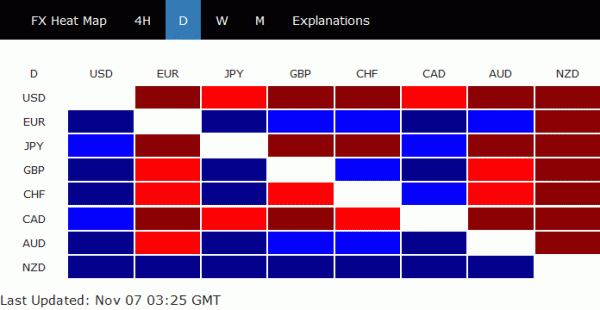
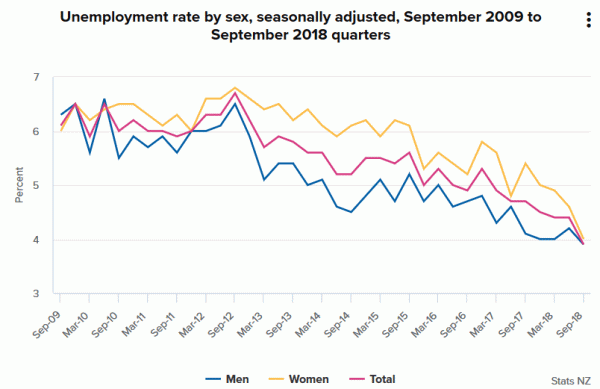
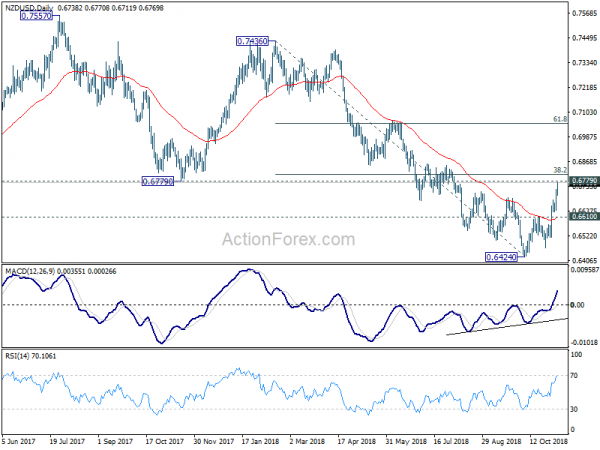
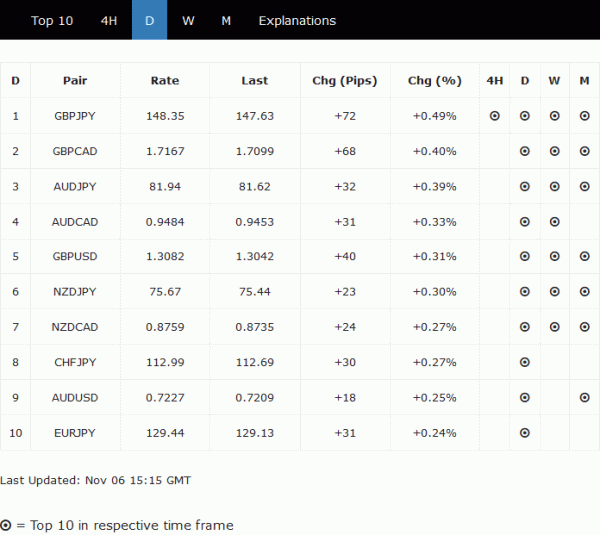
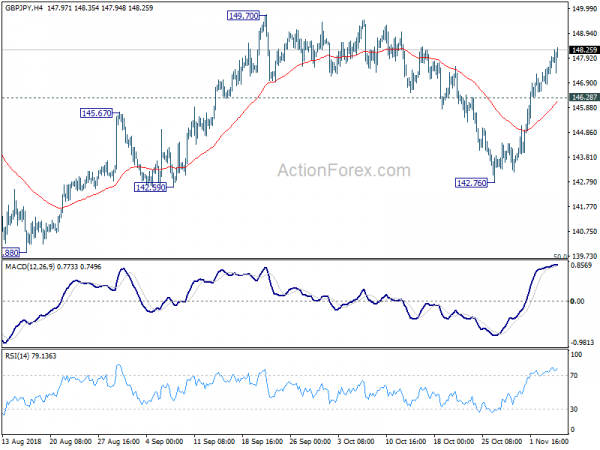
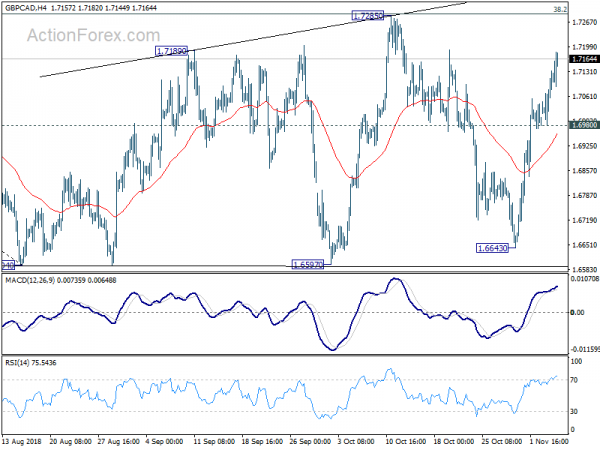
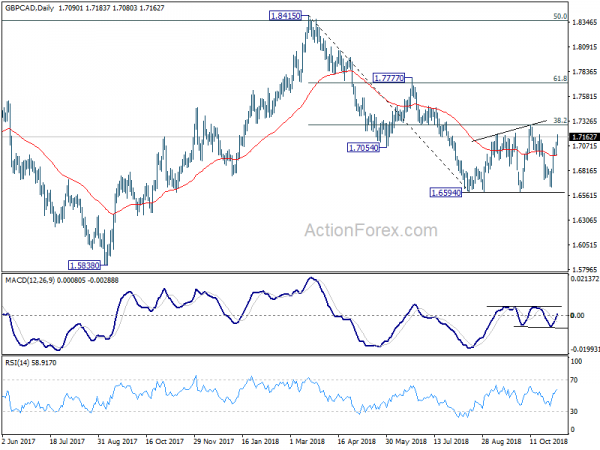
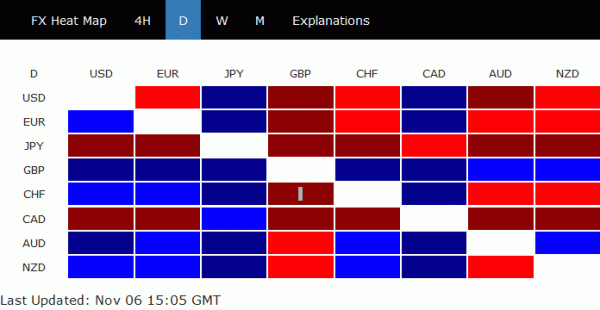
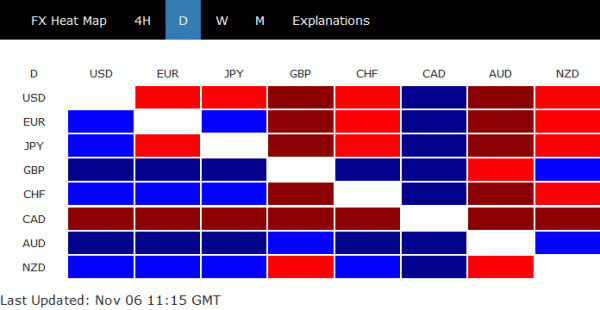
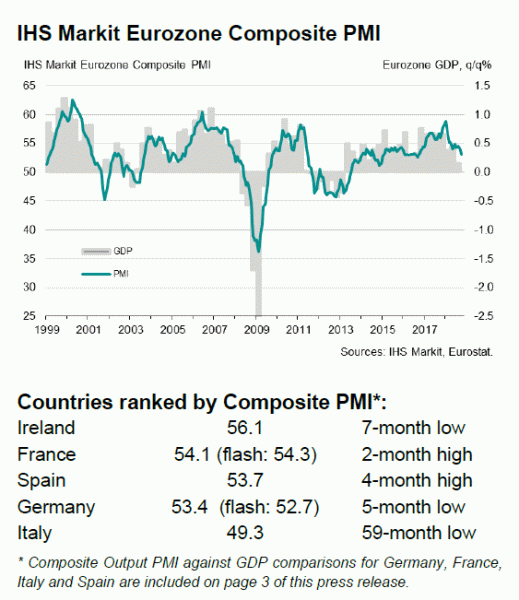
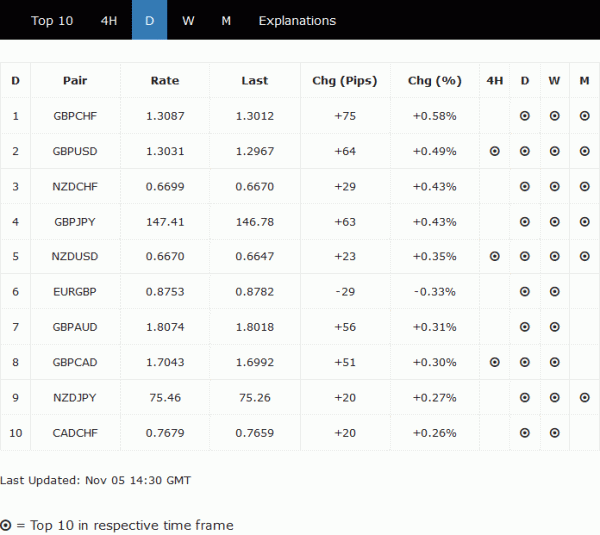
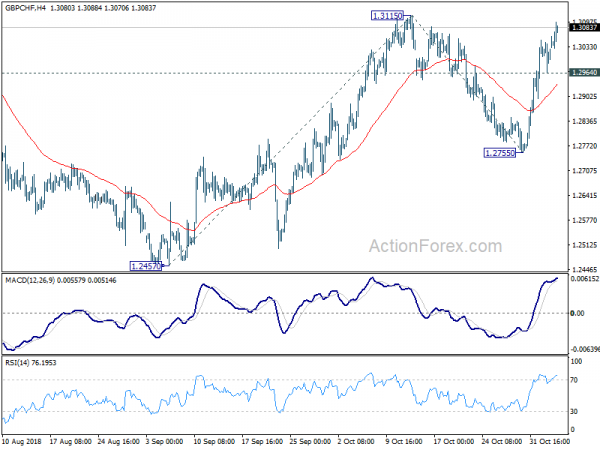
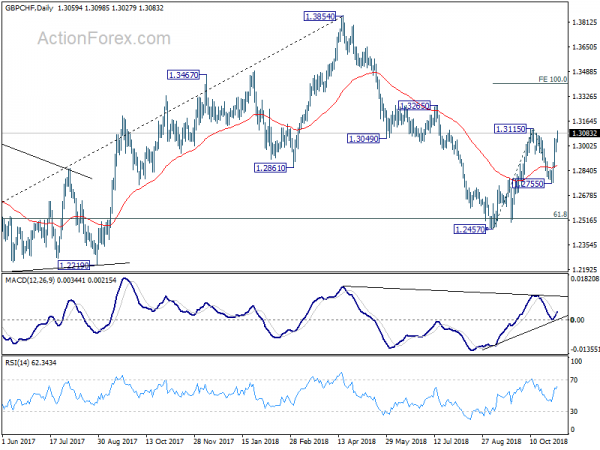
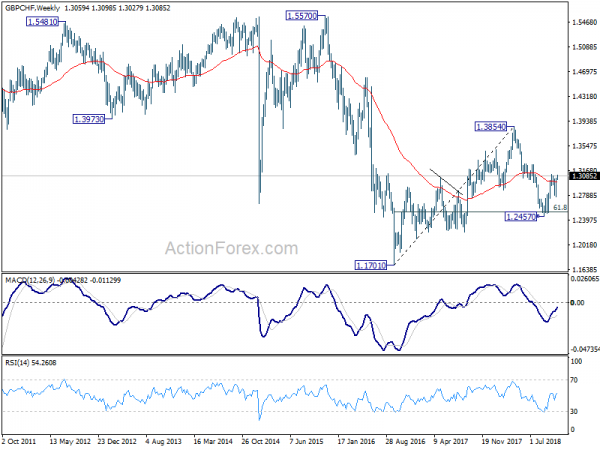

German Foreign Minister Maas: A misconception to bet on course corrections from Trump after mid-term
More from EU on US mid-term elections:
German Foreign Minister Heiko Maas tweeted, “It would be a misconception to now bet on course corrections from Donald
#Trump. It remains the case: The US remains our most important partner outside Europe. To maintain this partnership, we need to re-measure and realign our relationship with the US.”Also, “More diverse, younger, more feminine-these are the winners
#Midterms2018 of the, especially among the democrats. A good part of the electorate has thus confirmed the pioneering role that the country still plays, and hopefully in the future, in favour of diversity and freedoms.”By loading the tweet, you agree to Twitter’s privacy policy.
Learn more
Load tweet
By loading the tweet, you agree to Twitter’s privacy policy.
Learn more
Load tweet